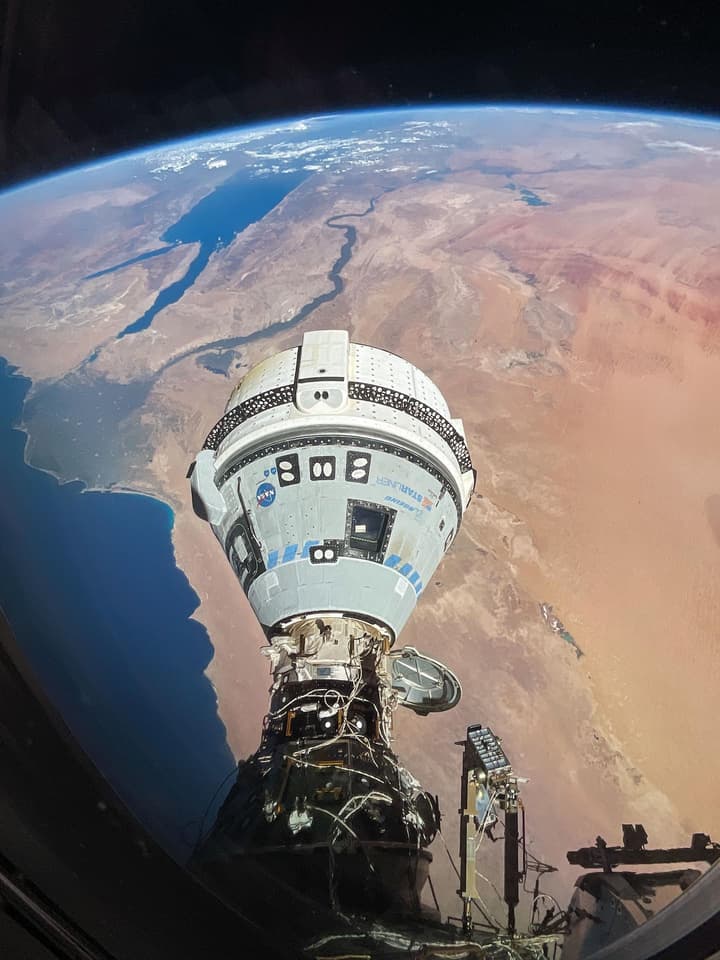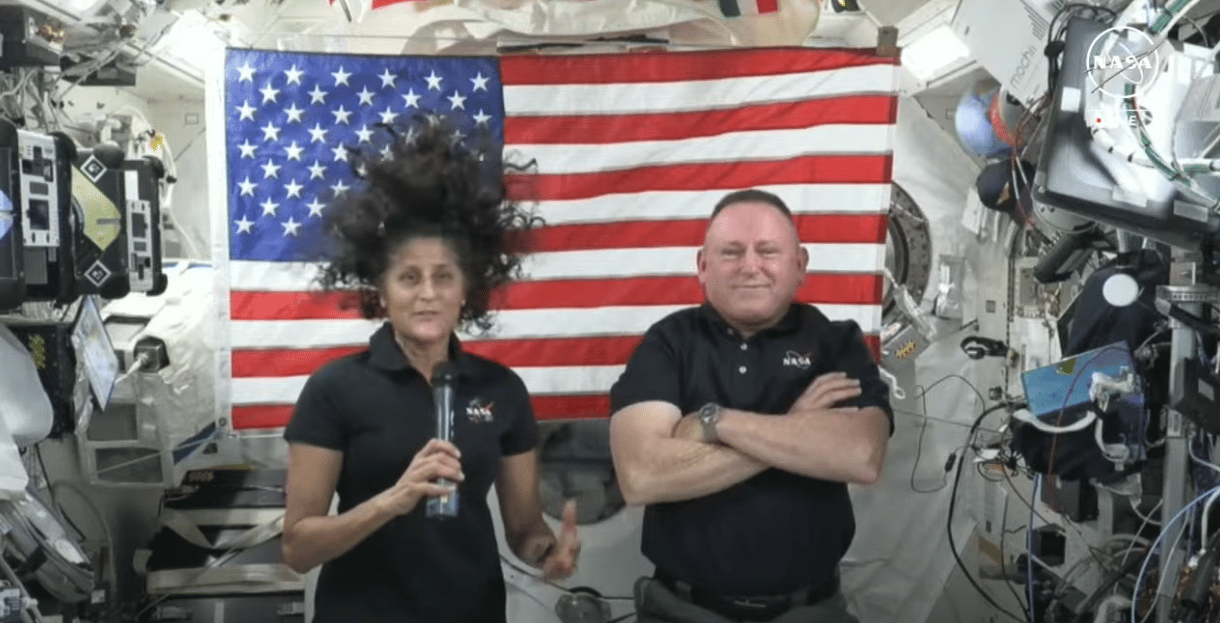The Boeing Starliner spacecraft’s one-week visit to the International Space Station (ISS) has been extended at least into August as NASA rules out a rescue mission to return the two “not stranded” astronauts to Earth.
The first crewed Starliner test mission to the ISS has been something of an embarrassment for Boeing and NASA. Carrying a pair of space agency astronauts, Starliner lifted off from Space Launch Complex-41 (SLC-41) at Cape Canaveral Space Force Station in Florida atop United Launch Alliance (ULA) Atlas V rocket at 10:53 am on June 5, 2024.
The original plan was a short visit to the station of about a week as part of the mission to complete certification of Starliner for regular service ferrying cargo and crew to and from the ISS. However, the helium leak in thrusters on the service module that delayed the launch turned into five leaks and four malfunctioning thrusters once in orbit.
Starliner confernce
Though the capsule was able, with some difficulty, to dock with the ISS under manual control, the Starliner has been “not stranded” at its berth, as NASA calls it. Both Boeing and the space agency have tried to downplay the situation, saying the onboard batteries, which are rated for 45 days, can be recharged for an additional 45 days, and that Starliner is designed to operate for almost seven months.
But concerns weren’t alleviated by NASA’s recent unwillingness to provide updates. Since nature abhors a vacuum and news services abhor silence, speculation began swirling that things are worse than the official story claims.
In a teleconference with Starliner astronauts Barry Wilmore and Sunita Williams aboard the ISS, the atmosphere was still positive, citing the successful docking maneuver, and that the pair are safe, comfortable, and busy helping the ISS Expedition 71 crew.

NASA
However, the elephant in the room is that the Starliner is unable to leave the ISS except in an emergency. The claim is that the spacecraft is remaining at the ISS to allow engineers back on Earth to make extensive investigations of the helium leaks, including a series of test firings of a duplicate of the thruster system at the White Sands Testing Ground in New Mexico.
These ground tests are expected to be completed by the end of July, which pushes the return date to no later than sometime in August. But there is no timetable and Starliner remains “not stranded” on the station indefinitely.
It may be that Boeing and NASA are being cautious for the sake of being cautious. That is reasonable when the lives of two people are at stake, but it is still having an undesirable knock-on effect.

NASA
According to Steve Stich, manager of NASA’s Commercial Crew program, and Mark Nappi, vice president and general manager of Boeing’s Commercial Crew program, Starliner will have to undock by mid-August when a crew swapover is scheduled. If that doesn’t happen, contingency plans will need to go into effect.
More embarrassing for Boeing is that the longer Starliner is delayed on the ISS the longer it will take to certify it for service, if that happens at all. At the very least, it could result in Starliner being bumped from its scheduled February 2025 mission to the station, which could see it being replaced by a SpaceX Dragon.
That decision is still up in the air.
Source: NASA
Source of Article